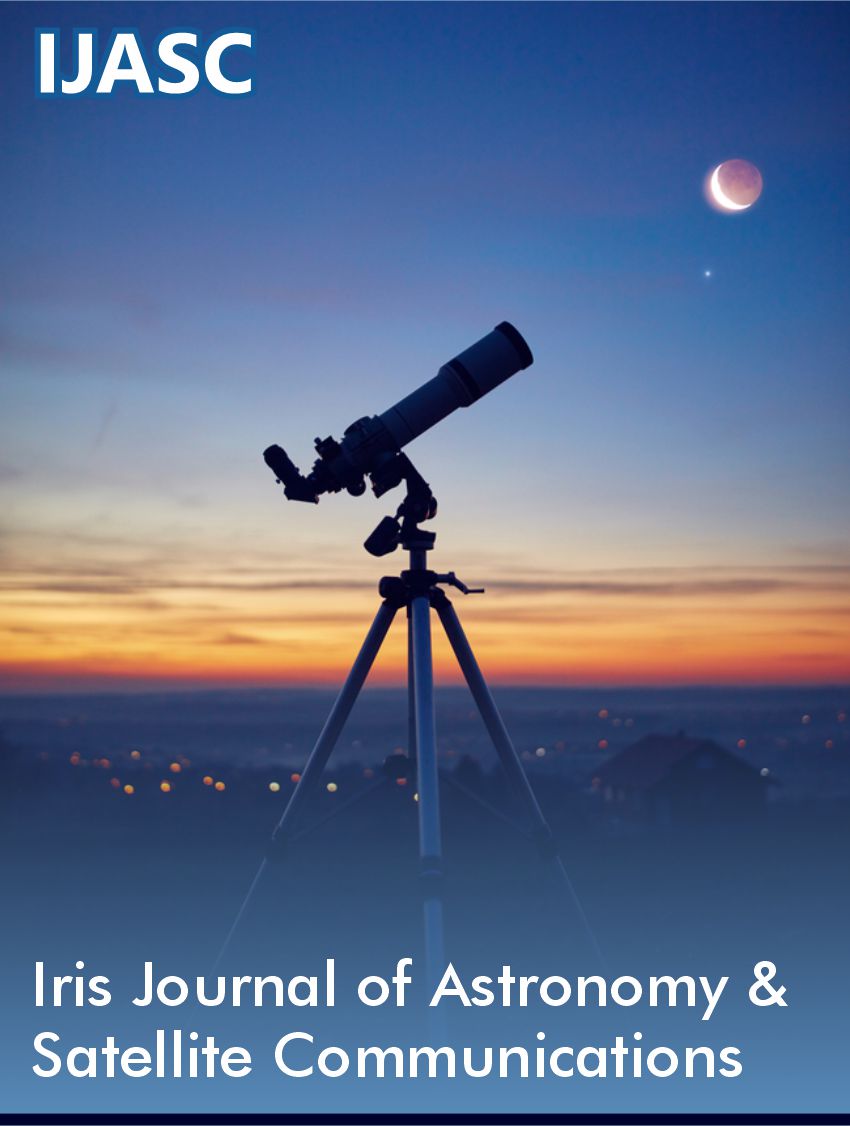Biography

Ephraim Suhir is on the faculty of the Portland State University, Portland, OR, USA, and Bordeaux Univ., France. He is also CEO of a Small Business Innovative Research (SBIR) ERS Co. in Los Altos, CA, USA, is Foreign Full Member of the National Academy of Engineering, Ukraine (he was born in that country); Life Fellow of the Institute of Electrical and Electronics Engineers (IEEE), the American Society of Mechanical Engineers (ASME), the Society of Optical Engineers (SPIE), and the International Microelectronics and Packaging Society (IMAPS); Fellow of the American Physical Society (APS), the Institute of Physics (IoP), UK, and the Society of Plastics Engineers (SPE); and Associate Fellow of the American Institute of Aeronautics and Astronautics (AIAA). Ephraim has authored 500+ publications, presented numerous plenary, keynote, invited and contributed talks and taught continued education courses worldwide. He received many professional awards, including 1996 Bell Labs. Distinguished Member of Technical Staff (DMTS) Award (for developing effective methods for predicting the reliability of complex structures used in AT&T and Lucent Technologies products), and 2004 ASME Worcester Read Warner Medal (for outstanding contributions to the permanent literature of engineering and laying the foundation of a new discipline “Structural Analysis of Electronic Systems”). He is the third “Russian American”, after S. Timoshenko and I. Sikorsky, who received this prestigious award. Ephraims most recent awards are 2023 SHEN International Research Award on Science, Health and Engineering" for the paper "Probabilistic Fitts Law and the Likelihod of the Tunguska Type of Event", Journal of Space Safety Engineering, 10(1), March 2023"; 2019 IEEE Electronic Packaging Society (EPS) Field award (for seminal contributions to mechanical reliability engineering and modeling of electronic and photonic packages and systems); 2019 IMAPS Lifetime Achievement award (for making exceptional, visible, and sustained impact on the microelectronics packaging industry and technology) and 2022 IEEE SCV Section Outstanding Engineer award (for seminal contributions to several critical IEEE fields, including probabilistic design-for-reliability of microelectronic and photonic materials, devices and systems, and the role of the human factor).
Research Interest
Applied Mathematics and Mechanics, Materials Science and Engineering, Applied and Mathematical Physics, Analytical ("Mathematical") Modeling in Applied Science and Engineering, Vehicular (Aerospace, Automotive, Railroad, Maritime) Electronics and Photonics: Design for Reliability, Design for Reliability (DfR) of Electronic, Opto-Electronic and Photonic Assemblies, Packages and Systems, Applied Probability and Probabilistic DfR (PDfR) of Electronic and Photonic Materials, Devices and Systems, Photonics, Fiber Optics, Mechanics of Optical Fibers, Thin Film Mechanics and Physics, Shock and Vibration Analyses and Testing, Dynamic Response of Materials and Structures to Shocks and Vibrations, Thermal Stress Failures in Electronics and Photonics: Prediction and Prevention, Solder Materials and Solder Joint Interconnections in Electronics and Photonics Engineering, Polymeric Materials in Electronics and Photonics, Photovoltaic and Thermo-Electric Modules: Physical Design for Reliability, Stretchable (Large Area) Electronics and Photonics: Physical Design for Reliability, Lattice-Misfit Systems: Stress Analysis and Reliability Evaluations, "Quantifying Unquantifiables" in Materials Science, Reliability Physics, Ergonomics, Healthcare and Medicine, “Human-in-the-Loop”: Human-System Interaction/Integration Vehicular (Aerospace, Maritime, Automotive, Railroad) Safety Engineering

 a Creative Commons Attribution 4.0 International License. Based on a work at www.irispublishers.com.
Best viewed in
a Creative Commons Attribution 4.0 International License. Based on a work at www.irispublishers.com.
Best viewed in